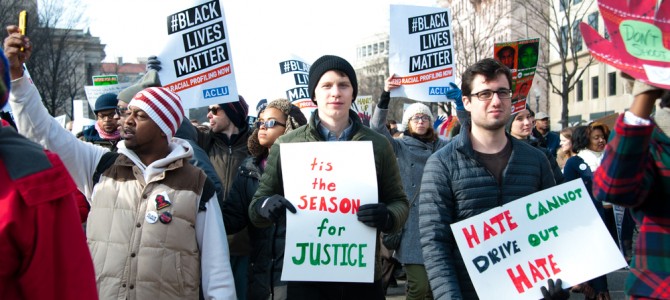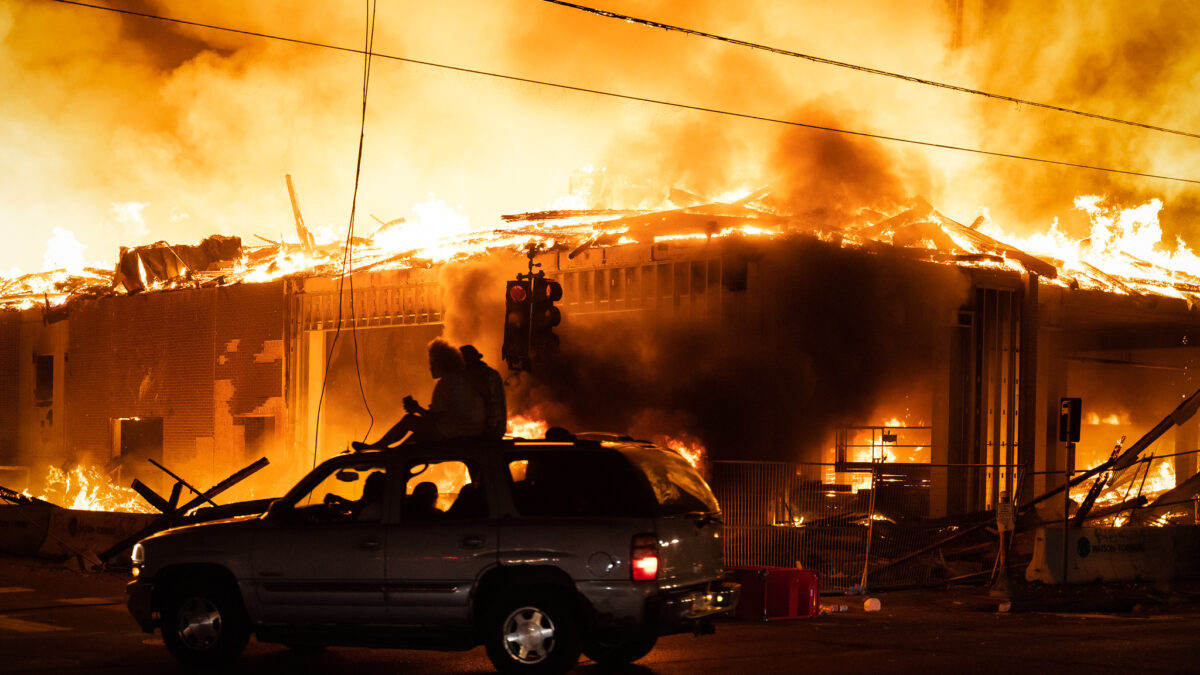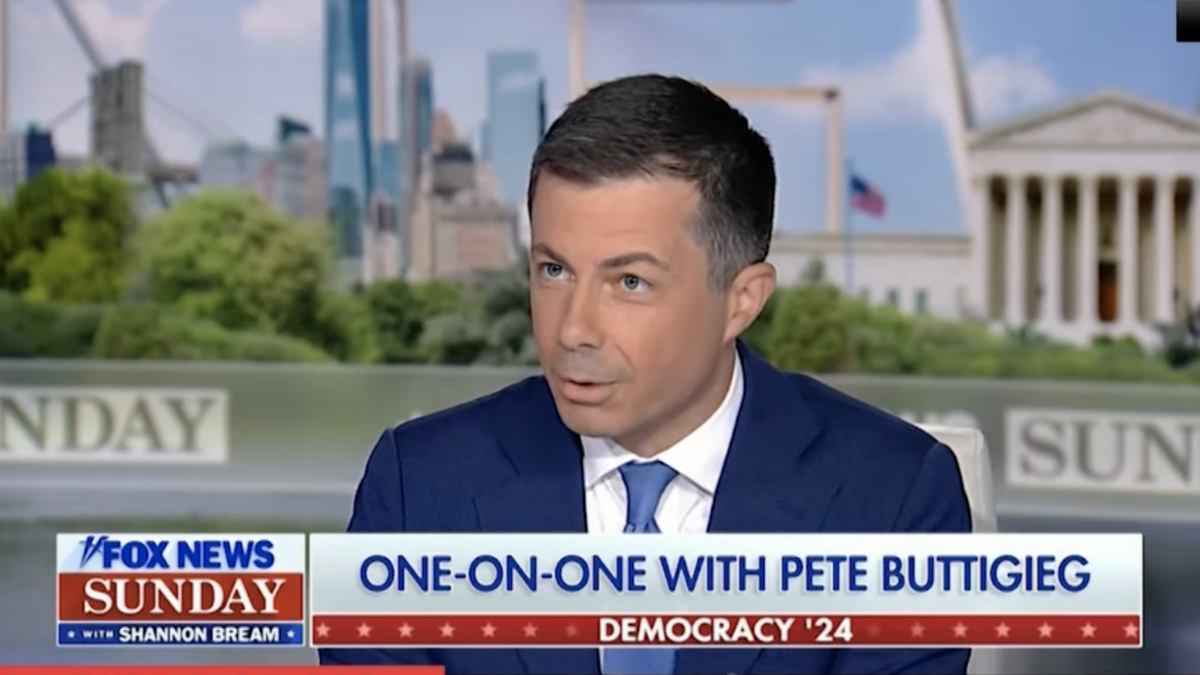
What happens after a cop gets shot? There are a few things we can predict. Politicians who want to appear strong on crime hold press conferences and talk about “unwavering resolve” and “zero tolerance.” There is an outpouring of public sympathy. News media demonstrate exceptional creativity recounting the brave, harrowing ordeals—better than many prime-time cop dramas.
Of course, a populace fed by constant outrage on social media and the 24-hour news cycle soon forgets about the shooting. In a few weeks, the names are hard to remember. After a few months, most of us can’t distinguish between the various unspeakably violent events we have heard about. Will the names of the police who were shot in Ferguson be remembered in the same way we all remember the name (and ubiquitous hashtag) Michael Brown? Of course not.
I know this because my father was shot in the line of duty while trying to apprehend a criminal who had—earlier that same day—slit the throat of another police officer. My dad survived. The other cop left a wife and two young children behind.
Same Story, Different Cop Shooter
The parallels between my father’s experience and the recent shooting of two police officers in Ferguson couldn’t be clearer. The officers were shot simply for wearing the uniform.
These aren’t isolated incidents relegated to crucibles of racial disharmony like Ferguson, Missouri or Mobile, Alabama. A few months ago, you probably remember the two NYPD cops who were shot in the line of duty by a man who said he simply hated the police.
So what happens to officers who survive the shootings? They continue to relive the violence in dreams, thoughts, and maybe prayers. Perhaps they talk about it with a psychologist in a few free-for-a-limited-time counseling sessions that the local municipality permits after such experiences.
If history is any indication, we already know how the most recent Ferguson shooting will be politicized. We will have the hardliners shouting from their soapboxes about how the Left, in general, and Holder’s DOJ, specifically, somehow encouraged the violence against police because of their public sympathy for the protestors and the Brown family. Wouldn’t it be great if we could just skip this tired debate?
Let’s Dump the Blame Game
Let’s simply agree a few disturbed violent individuals should be held personally responsible for their actions. There is never so great a cognitive dissonance than when conservatives and hawkish libertarians—who crow about being the stalwart defenders of individual responsibility and self-reliance—blame the violent act of a wacko on some sort of wholly unrelated Leftist ideology.
Marxism—and its thinly veiled cousins, postmodernism, critical race theory, and radical feminism—doesn’t need to be rejected because a few nut jobs commit unspeakable acts of violence. No, Marxism does a pretty good job of demonstrating its own deficiencies, especially if you have read anything about how collectivism turned out for Russia and Eastern Europe over the last century.
So, if we want to move past the silly, unproductive blame game, if we don’t want to feed the constant outrage that typifies our public discourse, then how might we respond to this shooting? I would like to suggest, in one word, a very radical way forward: hospitality.
By hospitality I don’t mean some namby-pamby “beer summit” like President Obama hosted for the police chief and university professor. Nor do I mean Obama’s oft-repeated exhortation to engage in a “national dialogue on race.” In fact, I think these ideas, and pretty much any “exploration of the problematic” born in academia will, in the end, do more harm than good.
How About We Love Our Neighbors
No, by hospitality, I mean a sort of intimate, personal fellowship that the faith community has been known to foster. It is a hospitality that could best be expressed in Judeo-Christian language that we find in the Bible (I know, I know—we have a marketing problem here; a subject for another article). This hospitality is typified by the story in Hebrews 13, which says that love of the Other is related to the love of God. Of course, many world religions have the same basic underpinning about loving one’s neighbor—but not all world religions fostered the great American civil-rights movement.
C.S. Lewis described Christian hospitality this way: “Next to the Blessed Sacrament itself, your neighbor is the holiest object presented to your senses.”
We are only one generation removed from a time when the foremost advocates of social justice rooted their convictions in religious principle. Nowadays, we can expect social-justice warriors to appeal to Marxist sentiments like inequality, racial and gender disparities, and class warfare. They have traded MLK for Saul Alinsky.
One needn’t be a scholar in natural law to discern that Dr. Martin Luther King Jr. borrowed language from the church. The social-justice warriors of today, in large part, borrow language from academics like Foucault and Derrida, who maintain that the individual must be subordinate to the institutional. Nebulous, poorly defined concepts like “social welfare” or the “common good” always trump individual human dignity in this degenerate calculus. Justice is never really about individual circumstances, but rather about institutions. Perhaps this is a clue as to why the protests continued in Ferguson long after the police officer in the Michael Brown case was cleared of wrongdoing.
We’re Confused Because We Don’t Understand People
Religious leaders are guilty of this shift in language too (and not just the “Rev.” Al Sharpton). Just look at the way my own denomination, the PCUSA, has approached the controversy in Ferguson: The director of public witness, J. Herbert Nelson, believes that federally mandated police de-militarization (and general gun control) will eradicate the scourge of racism in America. Talk forsaking the church’s proud legacy, Dr. Nelson!
The president of the Acton Institute, Father Robert Sirico, is fond of saying that if we don’t get the basic anthropology right, we will never get the other essential institutions right: not family, not schools, not government (and law enforcement), not art, and especially not church. In a talk at the Steamboat Institute a few months ago, Sirico made a strong case that the most intractable problems in our culture and politics are due to this basic confusion about the nature of man.
I believe that as long as the people debating #Ferguson continue to talk about the Other—whether the Other is police or minority communities—in a way that demonstrates a lack of deep commitment to and meaningful understanding of the fundamental dignity of each human being, then we will continue to talk past each other ad nauseum.
Social justice which eschews the individual for impersonal nonsense like surreptitious “structures of oppression,” “microaggressions,” and large-scale government interventions is doomed to not only fail, but to make the conversation much more rancorous. Would you be receptive to someone who did not recognize your worth and dignity as a human being? Of course not.
Issues of justice are always personal. This is a truth we need to rediscover. If we accept this basic premise, then we must accept that injustice cannot be corrected by some trick of bureaucratic wizardry. It takes the much harder work of developing deep personal relationships.









